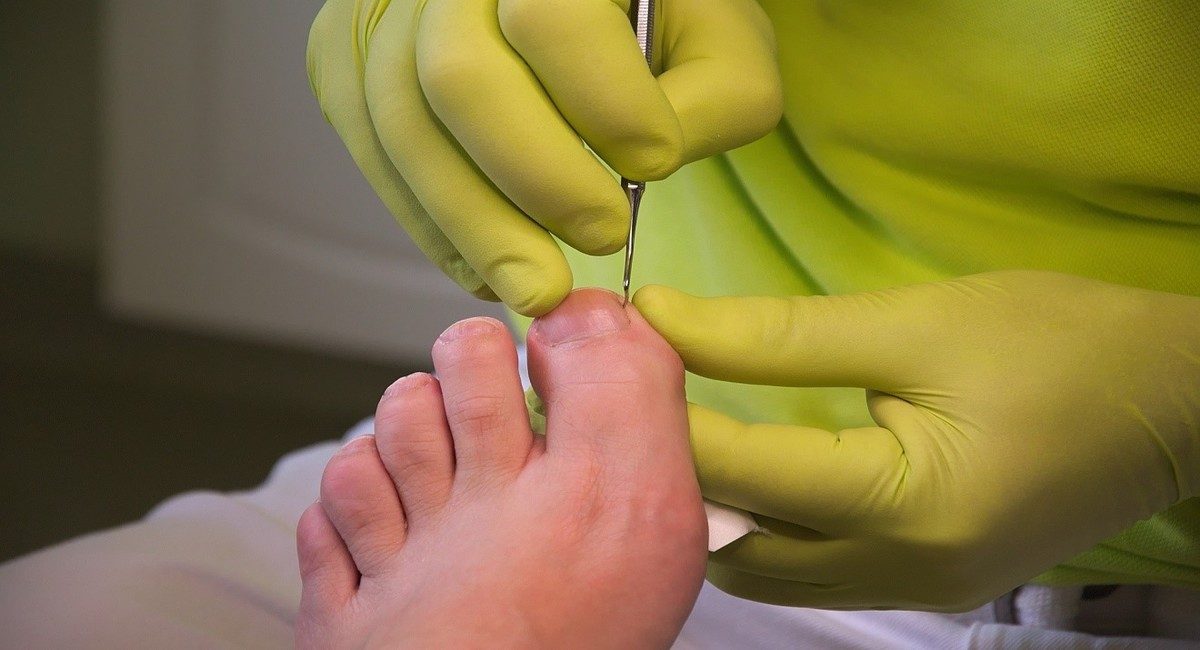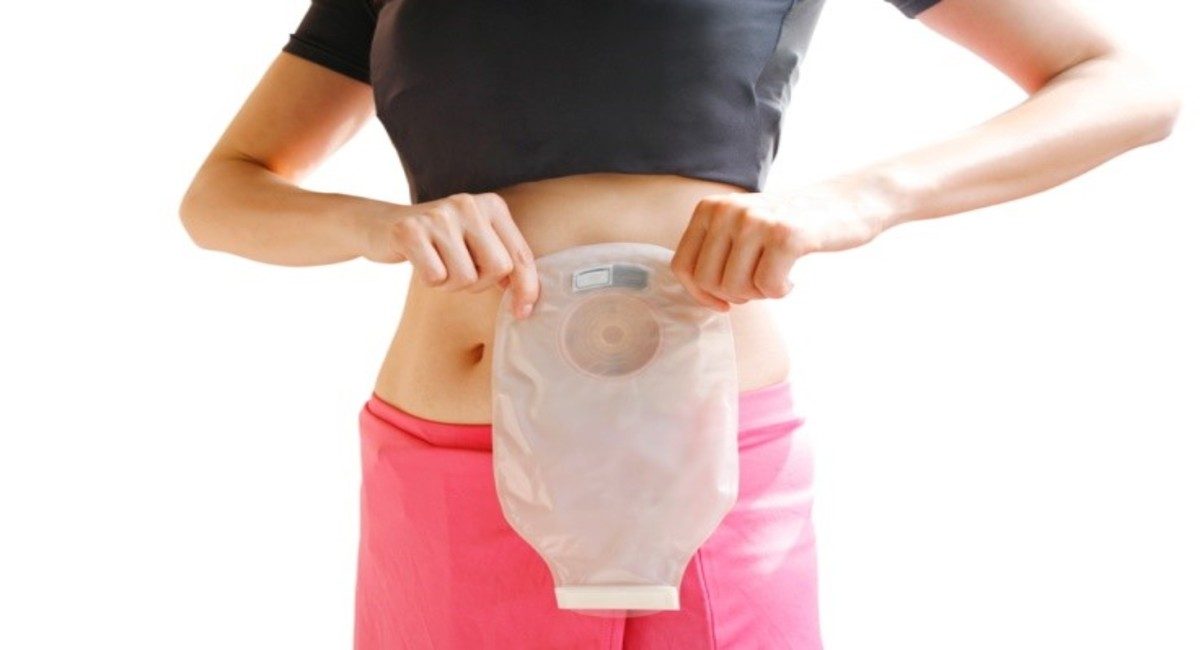Nursing Services
You are in the right place!






Evaluation
Our nurses, with their expertise and skills, will help you through effective evaluation and proper supervision. With their compassion and active listening, they will take the time to understand your health problems to better help you by providing you with the necessary care in the comfort of your home.
Care plans
Our nurses care for you by developing personalized care plans and will work with you and your caregivers to assist you in your care process.
Important
We specify that our home nurses will intervene in a non-emergent context depending on the physical and mental condition of our client.
Nursing Services
GENERAL NURSINH
- Medication Administration
- Follow-up of diabetic patients, help taking oral hypoglycemic agents and measuring the blood glucose
- Follow-up of chronic diseases and advice for a healthy lifestyle, management of chronic diseases
- Care of wounds and dressings, ointment application to avoid dryness of the skin
- Help with the installation of compression stockings, orthotics and prosthetics
- Measure vital signs
- Respiratory care and administration of inhaled medications
- Follow-up care of catheters of all types
- Care of different probes: urinary catheter, gastrostomy
POSTOPERATIVE CARE OR CARE AFTER A LONG HOSPITALIZATION
A hospital stay is experienced by the patient as a very stressful situation. Discharge and transition home will be even more stressful. Our team is able to provide and continue to provide you with services and care throughout this period.
OUR GOAL is to accompany and support you by providing you excellent care during this transition. The other goal of our company during this period is to avoid the immobilization syndrome that can lead to complications such as pneumonia, urinary tract infection, and thrombophlebitis.
To make this transitional period and your discharge from the hospital less stressful, the clinical coordinator can begin working with the hospital team to better support you by developing an intervention plan and assuring quality care in the comfort of your home.
WOUND CARE OF THE COMPANY
Our clinical coordinator nurses will travel to your home to perform a thorough assessment of your wound and establish a care plan.
The wounds that can treated by our team are:- A wound after surgery
- End-of-life pressure wound
- Diabetic foot ulcer
- Stasis dermatitis due to venous insufficiency
- Arterial ulcer due to peripheral arterial disease
Our nurses have up-to-date knowledge on new dressing products. They use the best clinical practices in wound care, to provide you with quality care in the comfort of your home.
NURSING FOOT CARE
Our feet are important; we must care for them to prevent problems later on
We offer you foot care and the specialized nurses in this type of care all have training dedicated only to licensed nurses.
We know that with the daily use of our feet, some diseases can cause pain and discomfort. They require early care and we must act in prevention.
Our foot care nurses will have the pleasure of relieving your pain and discomfort by providing advice and by improving the health of your feet by significantly reducing foot complications while strictly adhering to the standards for preventing infections.
Our nurses are there to meet your different needs and address for the following issues related to foot care:
- Feet of people with diabetes
- Pain or discomfort of your feet
- Improvement of tissue perfusion circulation by massage.
- Cut thick or painful nails
- Cracks, corns, and calluses
- Ingrown nails
- Injuries, fungal infections, dry skin and other issues
The company SPCV is concerned with providing comprehensive and quality care, patients requiring foot care will be referred to a company specializing in SURPIED foot care, known in the metropolitan area for its quality of foot care.
OSTOMY CARE
The ostomies are named in relation to the affected organ and indicate an artificial opening created surgically in one of these organs (digestive, urinary, or respiratory).
In the digestive system
There are two types of ostomies, they can be either temporary or definitive.
- An ileostomy (the small intestine): the stools are liquid to pasty, relatively abundant and the excrements are aggressive. Affected individuals use a salvageable pocket or bag because the amount of stool collected is relatively high and the bag has to be emptied several times a day.
- A colostomy (the colon): The maintenance of a colostomy is relatively simple because the bag does not collect stool continuously. Stool is collected intermittently. People affected by this type of ostomy use a closed system, the bag should not be emptied, but discarded with its contents and replaced with a new bag.
In the urinary system
This is a urostomy, there are 3 types of urostomy (TUUC – transureteroureteral ostomy, Bricker ileal conduit and the Mainz pouch).
All urostomies are definitive, regardless of the type.
The urostomies are equipped with a special evacuation system and the bag must be emptied often. They are also equipped with a non-return system so that the urine does not flow back to the ostomy. The anti-return system prevents urinary tract infections.
In the respiratory system
it is a tracheostomy. The latter is a surgical procedure that involves making an opening (stoma) in the trachea; and a cannula is inserted into the stoma to allow air to reach the lungs.
SPCV SERVICES
The care of these different ostomies requires the use of specialized equipment. Our nurses are up to date on new stoma care products. They use the best clinical practices in ostomy care and will be able to offer you personalized, quality care in the comfort of your home.
Ostomy evaluation
The SPCV nurse can evaluate :
- Your worries and perceptions about ostomies
- Your knowledge about the discomfort, and the emotional and psychological adaptation to the ostomy
- Your knowledge of about ostomy care, diet, activities, and sex life
Interventions and follow-ups
Our nurses intervene to:
- Help demystify concerns and perceptions about ostomies
- Provide education about discomfort, emotional and psychological adaptation to ostomies
- Give advice on ostomy care, diet, activities, and sex life
- Provide ostomy care
For more information, Contact us
